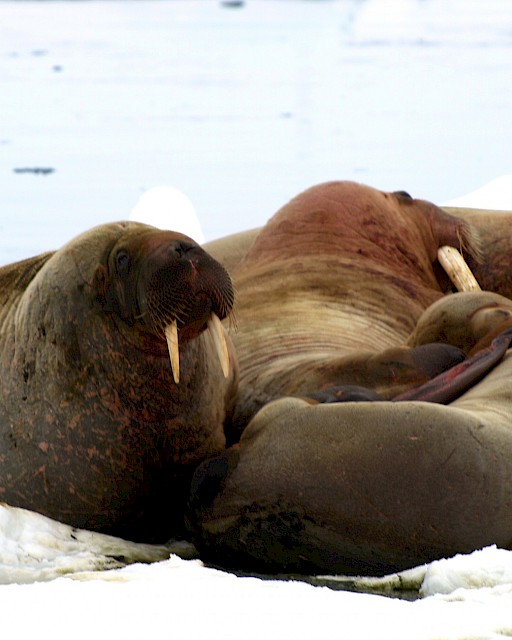Ecosystem Approach
An ecosystem is a biological community of interacting organisms (plants, animals and microbes) and their physical environment. Our understanding of those interactions and the collective effects of human activities on them is limited thus the OSPAR Commission applies the ecosystem approach to work coherently towards a holistic approach to the problems addressed by the different OSPAR Strategies.
For the purpose of the OSPAR Convention, the ecosystem approach is defined as “the comprehensive integrated management of human activities based on the best available scientific knowledge about the ecosystem and its dynamics, in order to identify and take action on influences which are critical to the health of marine ecosystems, thereby achieving sustainable use of ecosystem goods and services and maintenance of ecosystem integrity”.
The application of the ecosystem approach integrates conservation and management approaches, such as marine protected areas or measures targeted on single species and habitats, as well as other approaches carried out under existing national and international policy and legal frameworks and helps to adapt the management of human activities to the complex and dynamic nature of marine ecosystems. The often limited or incomplete scientific knowledge in marine management requires the application of the precautionary principle, which is central to the ecosystem approach.
Following the North Sea States’ commitment to implement the ecosystem approach at the Fifth International Conference on the Protection of the North Sea in 2002 in Bergen (Norway), the Joint Ministerial Meeting of the HELCOM and OSPAR Commissions held in 2003 in Bremen (Germany) adopted the Statement towards an Ecosystem Approach to the Management of Human Activities. The commitment to the ecosystem approach and an overarching concept was reaffirmed in OSPAR’s 2010 Bergen Statement.
The OSPAR Commission promotes the implementation of the ecosystem approach in the North-East Atlantic within the framework of the Convention on Biological Diversity by means of programmes and measures developed under its Strategies. OSPAR’s work focuses on four elements in particular:
- promoting understanding and acceptance by all stakeholders of the ecosystem approach to the management of human activities, and collaboration among the various management authorities in the North-East Atlantic in implementing that approach;
- monitoring the ecosystems of the marine environment in order to understand and assess the interactions between and among the different species and populations of biota, the non-living environment and humans;
- setting objectives for environmental quality, underpinned by monitoring, in support both of the formulation of policy and of assessments;
- assessing the impact of human activities upon biota and humans, both directly and indirectly through impacts on the non-living environment, together with the effects on the non-living environment itself.

